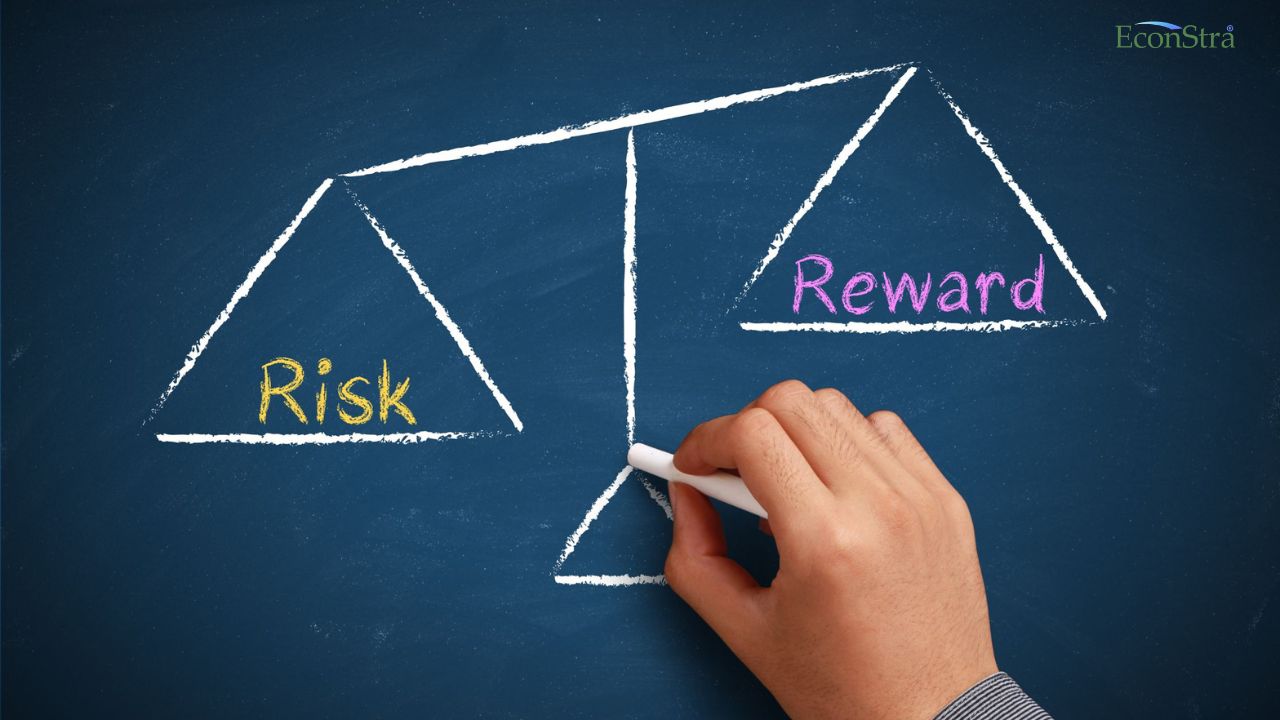by Somnath Chakraborty
Share

In today’s dynamic business landscape, small businesses frequently seek the expertise of consultants to navigate challenges, streamline operations, and achieve strategic objectives. This comprehensive guide explores the diverse types of small business consultants, detailing their roles and how one can embark on a successful consulting career.
What is a Small Business Consultant?
A small business consultant provides specialized advice to businesses, drawing upon extensive experience in areas such as marketing, finance, or project management. By leveraging their expertise, consultants assist small businesses in making informed decisions, optimizing processes, and driving growth. Consultants may work on a contractual basis with multiple clients or be engaged by a single business for a defined period.
The Role of a Small Business Consultant
Small business consultants play a crucial role in evaluating current business operations, identifying areas for improvement, and recommending actionable strategies. Their tasks include:
- Client Assessment: Meeting with clients to understand business goals and challenges.
- Operational Analysis: Evaluating existing operations to identify inefficiencies.
- Data-Driven Insights: Analyzing metrics to gain a comprehensive understanding of the business landscape.
- Strategic Recommendations: Providing tailored advice to modify or improve operations.
- Ongoing Monitoring: Overseeing the implementation of recommendations and adjusting strategies as needed.
Types of Small Business Consultants
1. Strategy Consultant
Role and Expertise: Strategy consultants assist small businesses in developing and executing strategic plans to achieve long-term goals. They provide insights on market positioning, competitive analysis, and growth strategies.
Key Responsibilities:
- Forecasting and business planning.
- Advising on product launches and market entry strategies.
- Collaborating with business leaders on strategic decision-making.
2. Marketing Consultant
Role and Expertise: Marketing consultants help small businesses craft effective marketing campaigns to reach target audiences. Their expertise covers areas such as digital marketing, content creation, and brand management.
Key Responsibilities:
- Conducting market research to understand consumer behavior.
- Developing multi-channel marketing strategies, including social media, SEO, and email marketing.
- Designing promotional materials and campaigns to drive customer engagement.
3. Financial Consultant
Role and Expertise: Financial consultants offer guidance on managing business finances, including budgeting, investment planning, and regulatory compliance.
Key Responsibilities:
- Assisting with financial planning and analysis.
- Managing accounting, payroll, and bookkeeping.
- Advising on investment strategies and risk management.
4. Legal Consultant
Role and Expertise: Legal consultants provide advice on business law, helping small businesses navigate legal challenges and maintain compliance with regulations.
Key Responsibilities:
- Reviewing and drafting contracts.
- Advising on regulatory compliance and legal disputes.
- Providing guidance on mergers, acquisitions, and intellectual property rights.
5. Project Management Consultant
Role and Expertise: Project management consultants oversee specific projects, ensuring they are completed on time, within budget, and according to scope.
Key Responsibilities:
- Planning and initiating projects.
- Managing resources, schedules, and budgets.
- Monitoring project progress and conducting post-project evaluations.
6. IT Consultant
Role and Expertise: IT consultants focus on optimizing technology infrastructure within small businesses, from system implementation to cybersecurity.
Key Responsibilities:
- Developing and upgrading technology systems.
- Ensuring data security and compliance with cybersecurity standards.
- Supporting software development and network management.
7. Human Resources (HR) Consultant
Role and Expertise: HR consultants assist with talent management, employee relations, and organizational development, ensuring that businesses attract and retain top talent.
Key Responsibilities:
- Designing recruitment strategies and onboarding processes.
- Advising on compensation, benefits, and compliance.
- Enhancing employee engagement and training programs.
8. Sales Consultant
Role and Expertise: Sales consultants work with small businesses to optimize sales strategies, increase revenue, and improve customer relationships.
Key Responsibilities:
- Developing sales processes and strategies.
- Training sales teams and refining sales pitches.
- Identifying new sales opportunities and markets.
How to Become a Small Business Consultant
1. Gain Industry Experience
Developing expertise in your chosen field is critical. Aim to acquire at least five years of experience in a relevant industry before transitioning into consulting. This experience is essential for building the credibility and knowledge necessary to advise small businesses effectively.
2. Obtain Professional Certifications
Certifications validate your expertise and can differentiate you from competitors. Research industry-specific certifications that align with your consulting niche. For example, a Certified Management Consultant (CMC) designation can be valuable for strategy consultants, while an IT consultant may benefit from certifications like CompTIA or CISSP.
3. Consider Advanced Education
Pursuing an advanced degree, such as a Master of Business Administration (MBA), can enhance your qualifications and deepen your understanding of business principles. Specialized degrees, such as a Master’s in Finance or Human Resources, may be beneficial depending on your consulting focus.
4. Build a Professional Network
Networking is a key component of a successful consulting career. Attend industry conferences, join professional associations, and engage with potential clients through local business events. Building a strong network will help you secure consulting opportunities and grow your client base.
5. Transition to Consulting
Decide whether to join a consulting firm or establish your own independent consultancy. Each path has its advantages; working with a firm provides structure and resources, while independent consulting offers greater flexibility and control. Develop a business plan, marketing strategy, and client acquisition plan if you choose to go independent.
Conclusion
Becoming a small business consultant requires a combination of industry expertise, professional certifications, and strategic networking. By understanding the diverse types of consulting roles and honing your skills, you can establish a successful career that drives meaningful results for small businesses.
STAY IN THE LOOP
Subscribe to our free newsletter.
Improve Your Cash Cow with Business Consultant in India In the ever-evolving landscape of business, ensuring the longevity and profitability of a key revenue stream—or “cash cow”—is paramount. Whether you’re a startup seeking stability or an established company aiming for sustained growth, leveraging the expertise of a business consultant in India can significantly enhance your […]
Are you an aspiring entrepreneur, eager to embark on the exhilarating journey of starting your own business? Or perhaps you are a seasoned business owner, constantly seeking new opportunities for growth and innovation? In either case, one universal truth stands tall amidst the dynamic world of business: the delicate dance between risk and reward. Every […]
In the fast-paced world of business, effective task management is key to success. Yet, many professionals fall into common pitfalls that hinder productivity and efficiency. Today, here, in this blog post, we will explore some of the common mistakes in task management in business and offer practical tips on how to avoid them. From overlooking […]
In today’s fast-paced business world, managing and optimizing resources efficiently is essential for staying competitive. Enterprise Resource Planning, often abbreviated as ERP, is a powerful solution that enables organizations to streamline their operations, boost productivity, and achieve long-term success. This blog will delve deep into the intricacies of how enterprise resource planning works, shedding light […]




